Indore, September 28 (Sarhind Times Bureau):
In a significant affirmation of constitutional protections, the Indore Bench of the Madhya Pradesh High Court has directed authorities to prevent any attempt to replace the Ravana effigy with that of an accused woman during Dussehra celebrations. The ruling, issued in response to a plea by the woman’s mother, underscores the principle that even individuals accused of crimes retain dignity and rights under the Constitution.
The case has sparked wide debate on the limits of public expression during religious festivals, the dangers of mob justice, and the balance between cultural traditions and fundamental rights.
The Case at Hand
The controversy arose when a local group in Indore announced plans to burn the effigy of Sonam Raghuwanshi, a woman currently accused in a high-profile murder case, in place of Ravana during Dussehra.
Fearing humiliation and violation of her daughter’s dignity, Sonam’s mother filed a petition in the High Court. She argued that such an act would amount to public shaming, violating Articles 14 (equality before law) and 21 (protection of life and personal liberty) of the Indian Constitution.
The court agreed, noting that the criminal process must be respected and that social punishment outside the legal framework is impermissible.
The Court’s Observations
Justices observed that:
- Accused persons, unless convicted, are presumed innocent.
- Public effigy-burning crosses the line from cultural expression into extra-judicial punishment.
- Such acts risk inflaming passions, disturbing public order, and undermining confidence in the judiciary.
The court emphasized that the rule of law must prevail over mob sentiment, directing state and local officials to ensure full compliance during Dussehra festivities.
Rule of Law vs. Mob Justice
Legal observers welcomed the order as a timely intervention.
- Senior advocate Priya Menon said:
“The court has reiterated a vital point—no matter how grave the allegations, an accused cannot be subjected to mob shaming. The Constitution guarantees dignity.”
- Civil rights activists noted that mob-style punishments erode trust in the justice system.
“If effigy-burning is allowed today, tomorrow mobs may target anyone they dislike, bypassing courts entirely,” warned an activist.
The ruling thus becomes a symbolic stand against mob justice, which has increasingly challenged democratic institutions.
Dussehra and Symbolism
Dussehra traditionally symbolizes the victory of good over evil through the burning of Ravana effigies. However, attempts to politicize or personalize the festival by replacing effigies with images of living individuals have raised alarms.
Historians point out that such distortions undermine the festival’s spirit.
- “Dussehra is about moral lessons, not public humiliation,” said cultural historian Dr. Ashok Singh.
- He added: “Using effigies to vilify individuals risks communal or social unrest.”
Larger Implications
The order has implications beyond one case:
- Constitutional Protections: Reinforces dignity and rights under Articles 14 & 21.
- Limits of Expression: Draws a line between free expression and targeted humiliation.
- Administrative Duty: Holds state authorities accountable for preventing provocative acts.
- Festival Integrity: Protects cultural traditions from being co-opted for vendetta.
Voices from Indore
Residents were divided:
- Some felt the accused “deserved symbolic punishment.”
- Others, however, applauded the court’s stance.
“Festivals should unite people, not target someone’s daughter or sister,” said Rekha Sharma, a local teacher.
Traders’ associations, wary of unrest during festivals, also welcomed the order as a preventive step against law-and-order breakdowns.
Expert Analysis
Legal Experts
They point out the importance of due process: until conviction, no punitive symbolism can be justified. Courts have consistently ruled against practices that dehumanize individuals.
Sociologists
Effigy-burning of living individuals reflects deeper societal anger but misdirects it into dangerous spectacle. This ruling, they argue, sends a message that justice belongs to courts, not mobs.
The Way Forward
Authorities in Indore have been instructed to:
- Monitor Dussehra venues.
- Prevent effigy substitution.
- Take preventive action against violators.
This order may guide other states, especially where religious or cultural festivals intersect with sensitive social issues.
Conclusion
The Indore High Court’s order reaffirms a fundamental truth: in India, the Constitution—not public rage—must dictate justice. Festivals like Dussehra must remain symbols of moral victory, not platforms for humiliation.
By intervening, the court has not only protected one woman’s dignity but also defended the integrity of the justice system against the creeping dangers of mob-led punishments.
#MadhyaPradesh #HighCourt #RuleOfLaw #Dussehra #Rights #SarhindTimes #Justice #Constitution




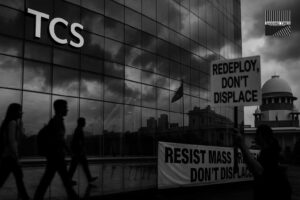


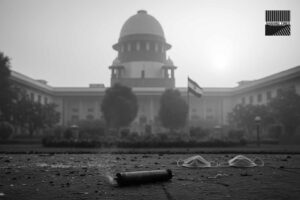



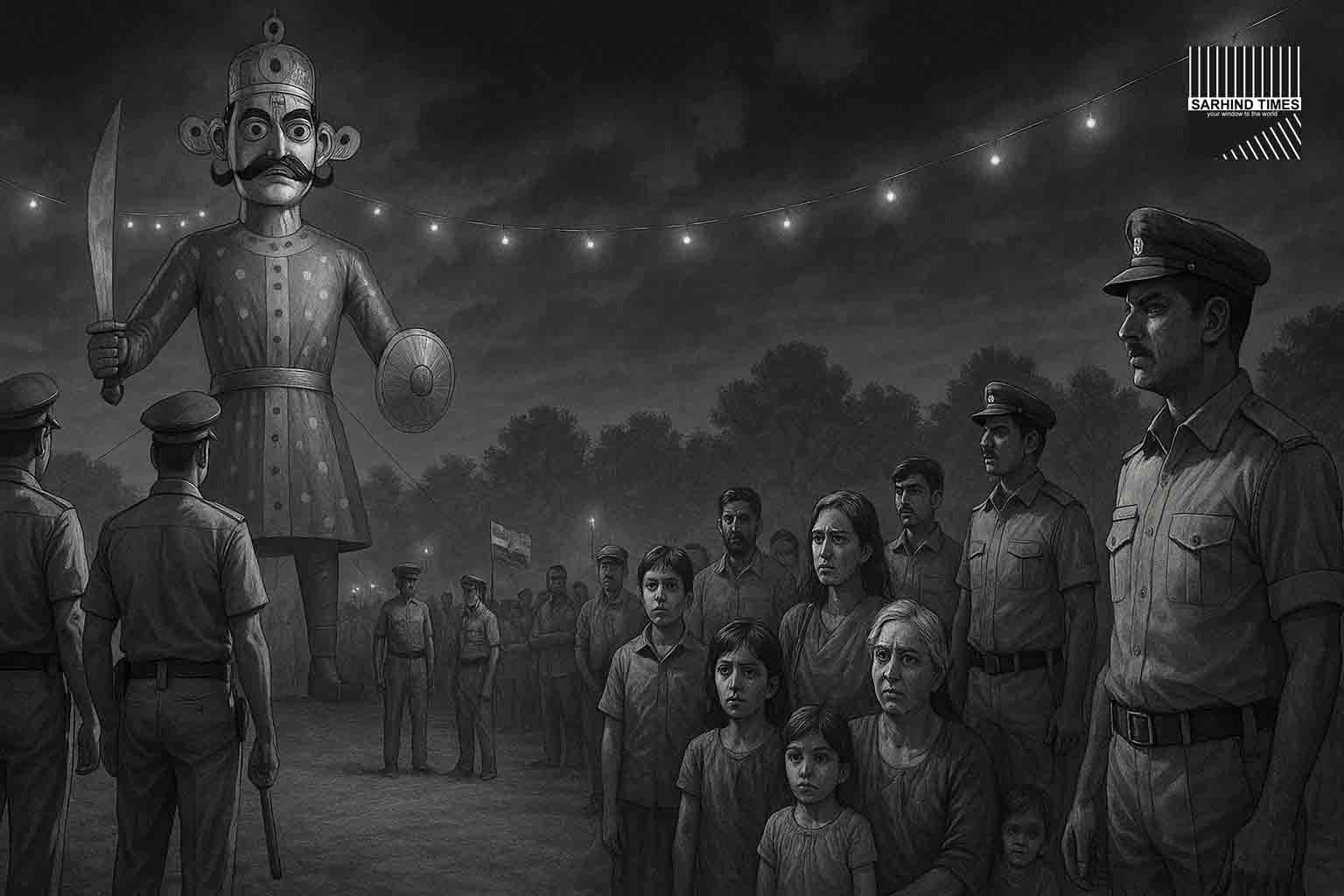
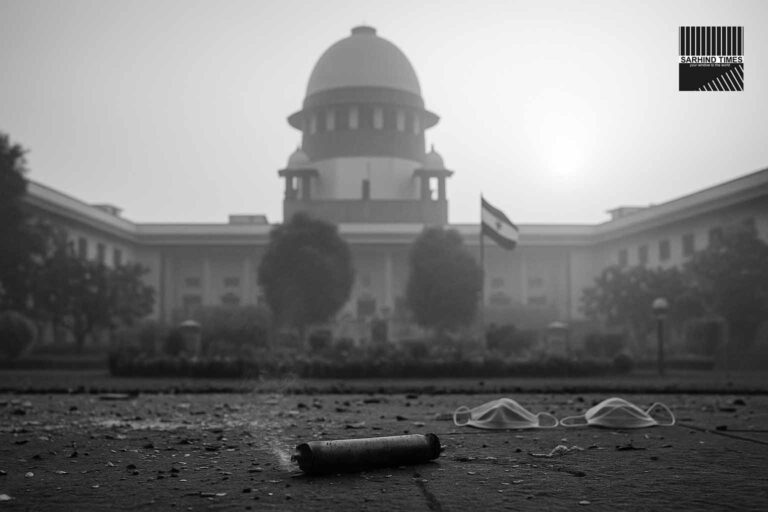

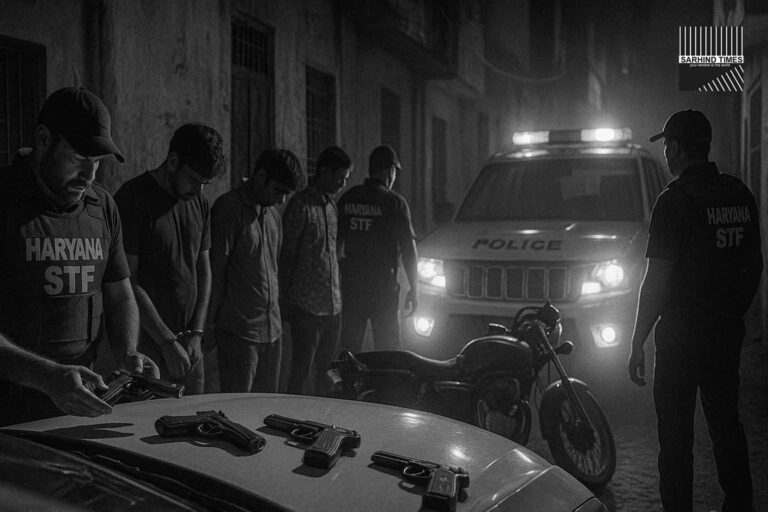
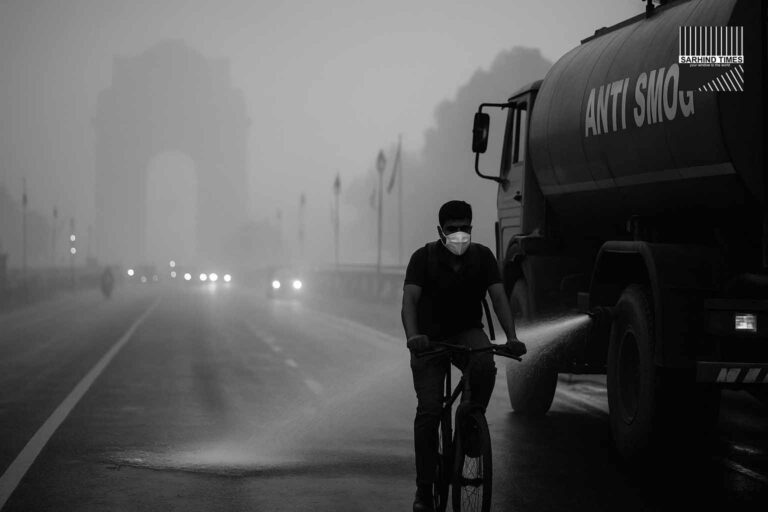
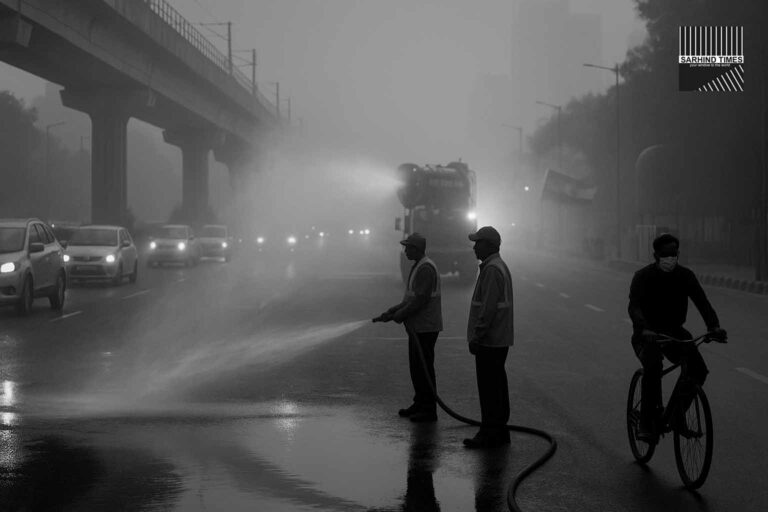

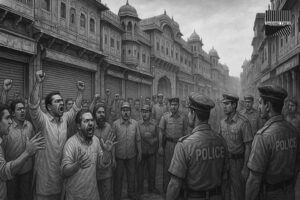


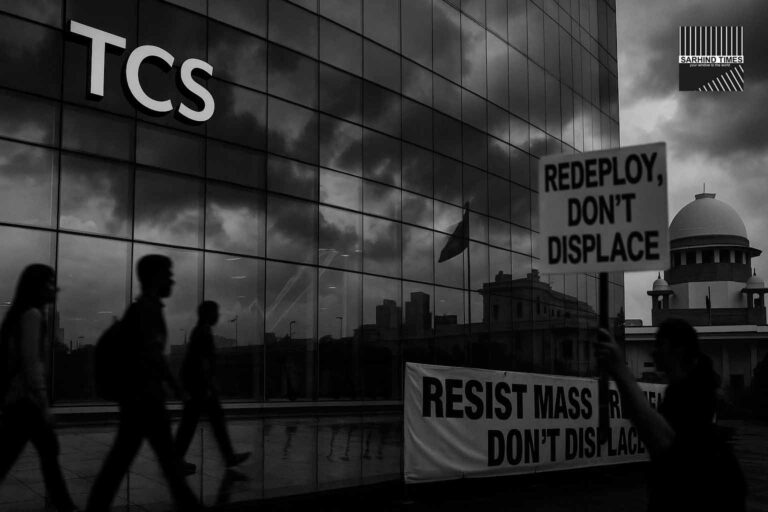
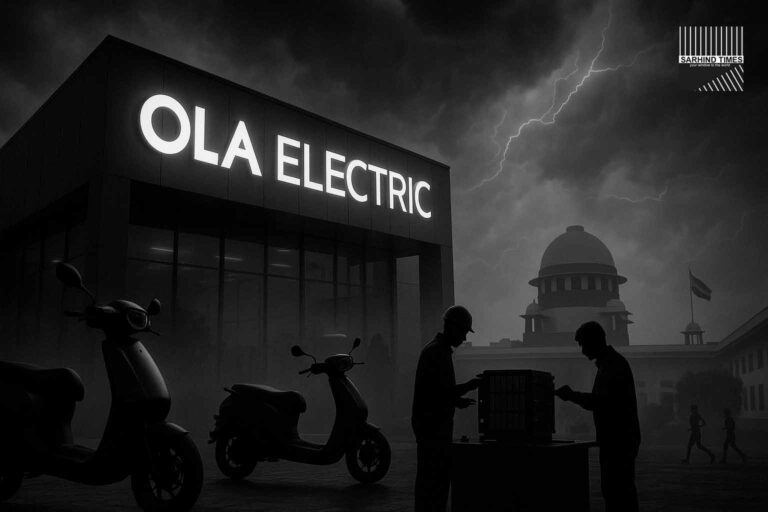
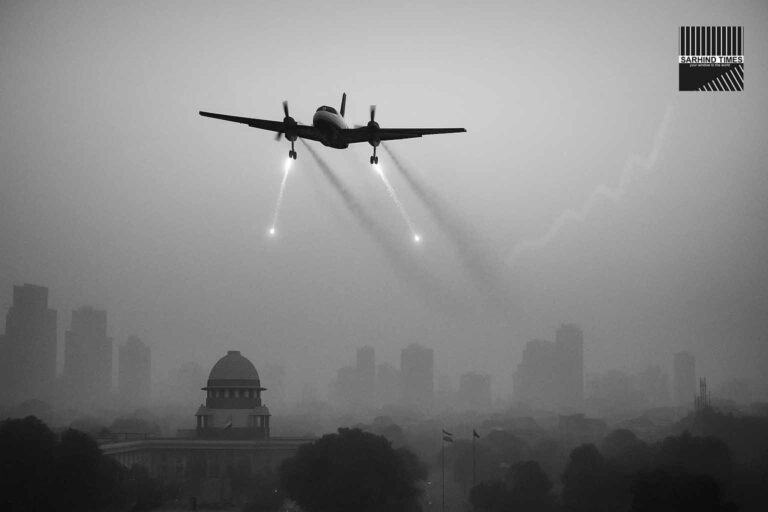
+ There are no comments
Add yours